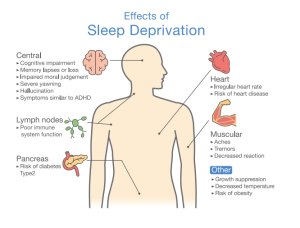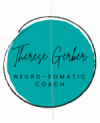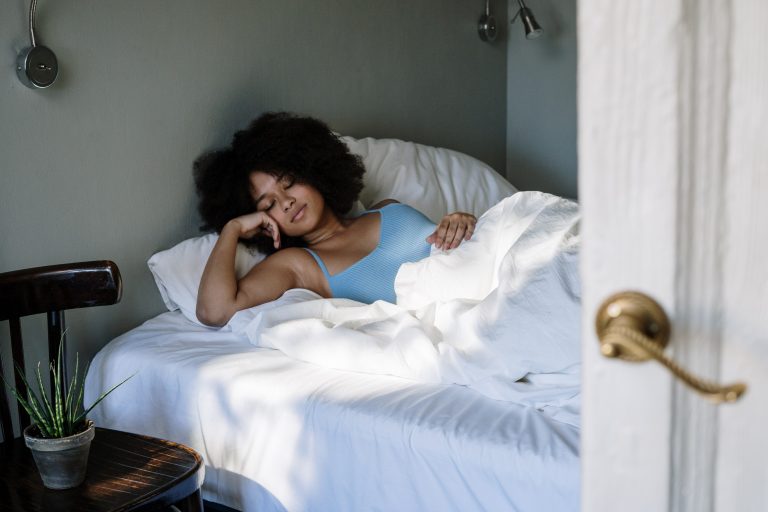“Without enough sleep, we all become tall two-year-olds.”
JoJo Jensen
Staring at my screen through a haze of fatigued brain fog after yet another night of tossing and turning, I’m reminded of what a colleague and specialist in the field of chronic disease management used to say – “There’s a reason why sleep deprivation is the number one torture technique”. The fact is that sleep is an essential biological process with a profound influence on both our physical and psychological health and well-being. What’s more, given the interconnected nature of factors influencing our health and well-being, lack of sleep tends to snowball to impair us not just physically, but mentally, emotionally and socially too. So why do we allow ourselves to suffer? After all, we wouldn’t submit ourselves to the effects of being tortured if we had a say in it, would we?

An estimated four in ten Australians fail to get enough and regular good quality sleep, which some experts argue can be put down to sleep not being prioritized enough. As a consequence, more than half of Aussie adults suffer from at least one chronic sleep symptom robbing them of experiencing a fully healthy, happy life. These symptoms include problems with falling asleep, staying asleep, waking up too early, and not being able to go back to sleep. What’s more, women seem to be disproportionately affected, especially when it comes to insomnia. It’s not surprising then that research also indicates that women are more likely to reach for sleeping pills to help them sleep. That, however, is not always a long-term solution and often comes with unwanted side effects. However, sleeping pills, as Dr Thomas Kilkenny from the Institute of Sleep Medicine at Staten Island University Hospital points out, work by essentially ‘quieting the function of various neurons’, helping people fall and stay asleep. So how else could we overcome the ‘problem of busy neurons’ standing between us and a good night’s rest?
Sleep is one of the best, not to mention blissful, ways of resourcing our health and well-being in the long run. But as it turns out, some of the best ways of improving sleep start outside the bedroom and happen before you go to bed. Here are some research-proven strategies designed to help you make sustainable, long-term changes that work best for you.
Adopt these healthy sleep habits
Good sleep hygiene comes down to lifestyle and environment – your daily routine, pre-bed-, and sleep schedules, as well as sleep environment. Read more about the easy, practical steps you can take now to improve your sleep habits here.
Most importantly, consider changing your mind!
Invest time in regular mindfulness-based practices
In 2020, researchers investigating the causes of sleep problems found that people struggling with insomnia were more likely to suffer from what, for the sake of simplicity, I’ll call busy bedtime minds – lots of mental activity and rumination, often unpleasant, to do with daily stresses, planning, problem-solving, and – ironically – worrying about not sleeping! Likewise, research by the Sleep Health Foundation found that women were significantly more likely to report ‘worrying about getting a good night’s sleep’ and ‘being overwhelmed by thoughts when trying to sleep’. Conversely, investing in pre-bedtime practices like Mindfulness has been shown to deliver a range of beneficial well-being outcomes, not just improved sleep. For example, research from the Netherlands showed that even a small amount of mindfulness meditation can help calm our hyperactive minds and improve our sleep. Similarly, Gratitude was shown to predict greater sleep quality and duration. Read more about four beneficial practices – Mindfulness, Gratitude, Forgiveness, and Self-Compassion – here.
Sweet dreams.
References
Hopper, E. (2020). Your Sleep Tonight Changes How You React to Stress Tomorrow. Greater Good Science Center. https://greatergood.berkeley.edu/article/item/your_sleep_tonight_changes_how_you_react_to_stress_tomorrow
Lemyre, A., Belzile, F., Landry, M., Bastien, C. H., & Beaudoin, L. P. (2020). Pre-sleep cognitive activity in adults: A systematic review. Sleep medicine reviews, 50, 101253-101253. https://doi.org/10.1016/j.smrv.2019.101253
Liotta, M. (2019). How does sleep affect health? RACGP. https://www1.racgp.org.au/newsgp/clinical/how-does-sleep-effect-health
National Heart, L., and Blood Institute,. (2023). How Sleep Affects Your Health.
. https://www.nhlbi.nih.gov/health/sleep-deprivation/health-effects
Ries, J. (2023). Insomnia on the Rise? Use of Sleeping Pills Doubles in U.S. healthline.com. https://www.healthline.com/health-news/insomnia-on-the-rise-use-of-sleeping-pills-doubles-in-u-s
Sleep Health Foundation. (2019a). Addressing Inadequate Sleep in the Australian Community. https://www.sleephealthfoundation.org.au/news/special-reports/addressing-inadequate-sleep-in-the-australian-community.html
Sleep Health Foundation. (2019b). Memory, Thinking and Sleep. https://www.sleephealthfoundation.org.au/memory-thinking-and-sleep.html
Sleep Health Foundation. (2021). Chronic Insomnia Disorder in Australia. https://www.sleephealthfoundation.org.au/news/special-reports/chronic-insomnia-disorder-in-australia.html
Suni, E., & Wright, H. (2023). Insomnia and Women. Sleep Foundation. https://www.sleepfoundation.org/insomnia/insomnia-women
Suttie, J. (2021). Four Surprising Ways to Get a Better Night’s Sleep. Greater Good Magazine. https://greatergood.berkeley.edu/article/item/four_surprising_ways_to_get_a_better_nights_sleep
Wood, A. M., Joseph, S., Lloyd, J., & Atkins, S. (2009). Gratitude influences sleep through the mechanism of pre-sleep cognitions. Journal of Psychosomatic Research, 66, 43-48. https://greatergood.berkeley.edu/images/uploads/Wood_et_al._2009_.pdf

